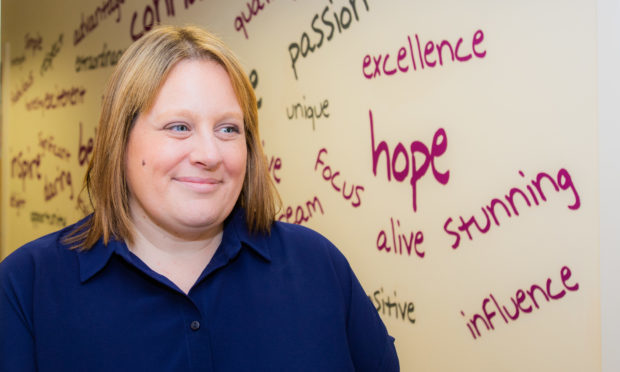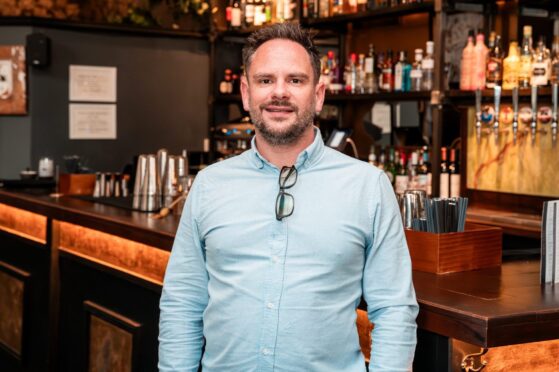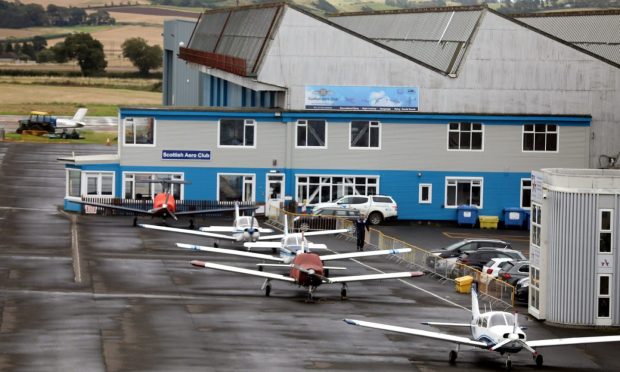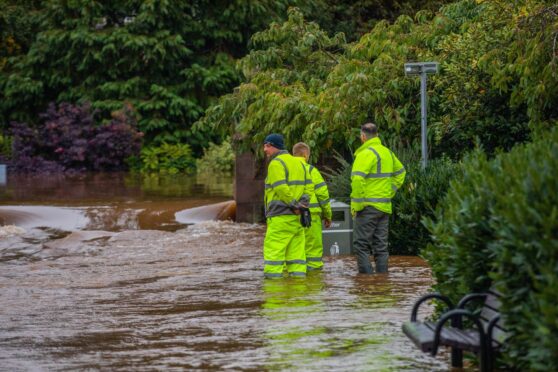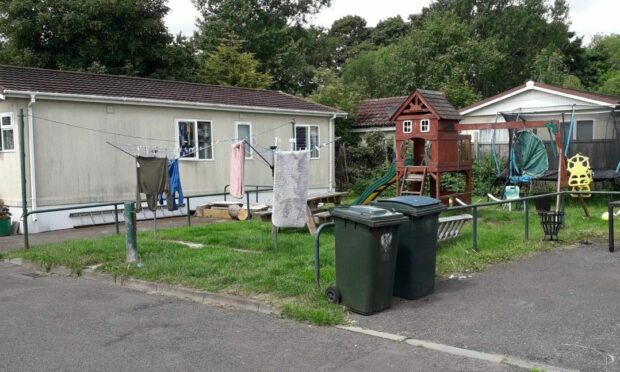A vital autism charity is now busier than ever after a financial crisis left it teetering on the brink of collapse.
A year on from its high profile fight for survival, Perth Autism Support is “bursting at the seams”.
The number of families supported by the Fair City service has soared from about 600 last year, to nearly 700.
Bosses are even considering a move out of their Market Street base and into bigger premises.
Chief Executive Angela Ferguson said the difference between the charity then and now is “night and day”, but stressed it is still heavily reliant on public support.
In August 2016, PAS announced it was forced to temporarily suspend services, claiming repeated pleas to Perth and Kinross Council and NHS Tayside for assistance were ignored.
The group then secured cash from both authorities, as well as the Scottish Government, to help it keep afloat.
But a sudden burst of fundraising activity and support following the bleak headlines, has naturally fizzled away.
The charity has had to make changes to continue supporting families, without reducing its services. As well as streamlining its operation, the group has become a Scottish Charitable Incorporated Organisation (SCIO) which means it can now attract a wider range of trustees.
Ms Ferguson, who revealed the amount of families being helped by the charity has reached 700, said: “It’s still a struggle.
“We are still coming out of that period from last year, but things are definitely more positive.”
She added: “We are still no further forward with statutory funding. There are opportunities out there for us, we just have to find them and apply for them.
“It’s as busy as we have ever been. Throughout all of our problems last year, our referral rate didn’t dropped at all.
“We are pleased that we never had to adjust our service delivery. It has remained the same for the families, which was always the most important thing for us.
“They are the reasons we are here and doing what we are doing, so while we still have financial challenges, we want to keep delivering our service as smoothly and as continuously as before.”
“There is still work to be done. We are now looking at our property. We do pay a lot for the premises we have, and we are now bursting at the seams so it makes sense to look at our options.”
In the face of sector-wide challenges, the service remains heavily reliant on community fundraising – about 20% of its income.
The group is also working on a partnership with local social enterprise group Giraffe and other agencies.
